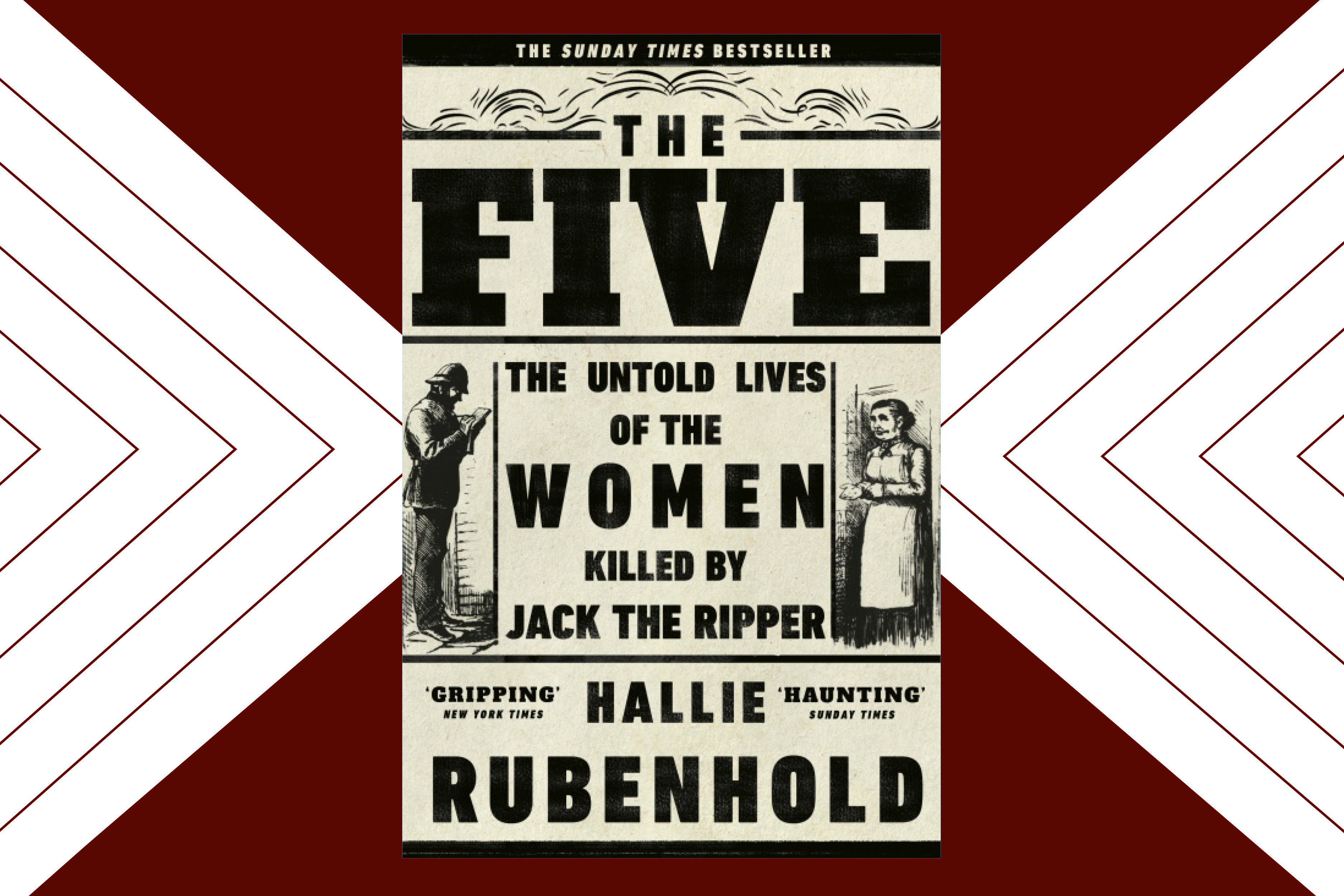- Home |
- Search Results |
- The Five by Hallie Rubenhold is a bold act of feminist reclamation
The Five by Hallie Rubenhold is a bold act of feminist reclamation
As the national debate around how we tell the stories of our past continues, The Untold Lives of the Women Killed by Jack the Ripper shows the power of reclaiming narratives, in one of the most misunderstood stories in British history.

Jack the Ripper was one of the very first things I remember searching for when we got the internet in our house. It was 2001 and I was 11-years-old, self-importantly hogging the family computer as though I were an officer re-opening the case and not just working on a school project. Now all I can remember is printing a large quantity of pages of unverifiable information (an excellent introduction to the internet, then), wearing out the ink cartridge and feeling a bit creeped out afterwards.
What I definitely don’t remember is discovering a single thing about any of the women that he killed. In the intervening 20 years little changed. The commonly accepted idea of Jack the Ripper remained one of a romanticised, criminal mastermind, rather than a sad, pathetic man who felt entitled to mutilate women.
The women’s names and stories continued to recede, forgotten and unlooked for. That is until the author and historian Hallie Rubenhold decided to look for them, and rectify a moment in history defined by misogynistic violence rather than the humanity of women. Their names, by the way, are Polly, Annie, Elizabeth, Catherine and Mary Jane.
'The non-existent space Rubenhold gives to Jack the Ripper feels like a radical and freeing gesture.'
The Five: The Untold Lives of the Women Killed by Jack the Ripper is a page-turner, a fascinating social history and a feminist reclamation, which rightly won the 2019 Baillie Gifford Prize for Non-Fiction and has just been shortlisted for the Wolfson History Prize.
But it’s also a particularly apt read for a moment when we, as a nation, are collectively wrestling with the question of whose legacies have been amplified – and at what cost. The removal of slave trader Edward Colston’s statue in Bristol showed how uncomfortably past decisions sit in a contemporary context – but, also, that they don’t have to remain fixed. Rubenhold herself has advocated for a colourful, celebratory mural painted in East London to remember the five women, throwing into relief the Jack the Ripper Museum round the corner.
In her charting of their lives, Rubenhold strikingly resists describing the details of their fetishised deaths, other than to explain when and where they happened. Why would she? The rest is so much more interesting. Polly was the beneficiary of an early social housing project. As a teenager, Annie lost four of her siblings to scarlet fever in six weeks – her father later killed himself. Elizabeth sailed on a boat from Sweden to London and set up her own coffeehouse, Mary Jane changed her life story depending on who she was talking to and Catherine – known as Kate – fell in love with a travelling poet.